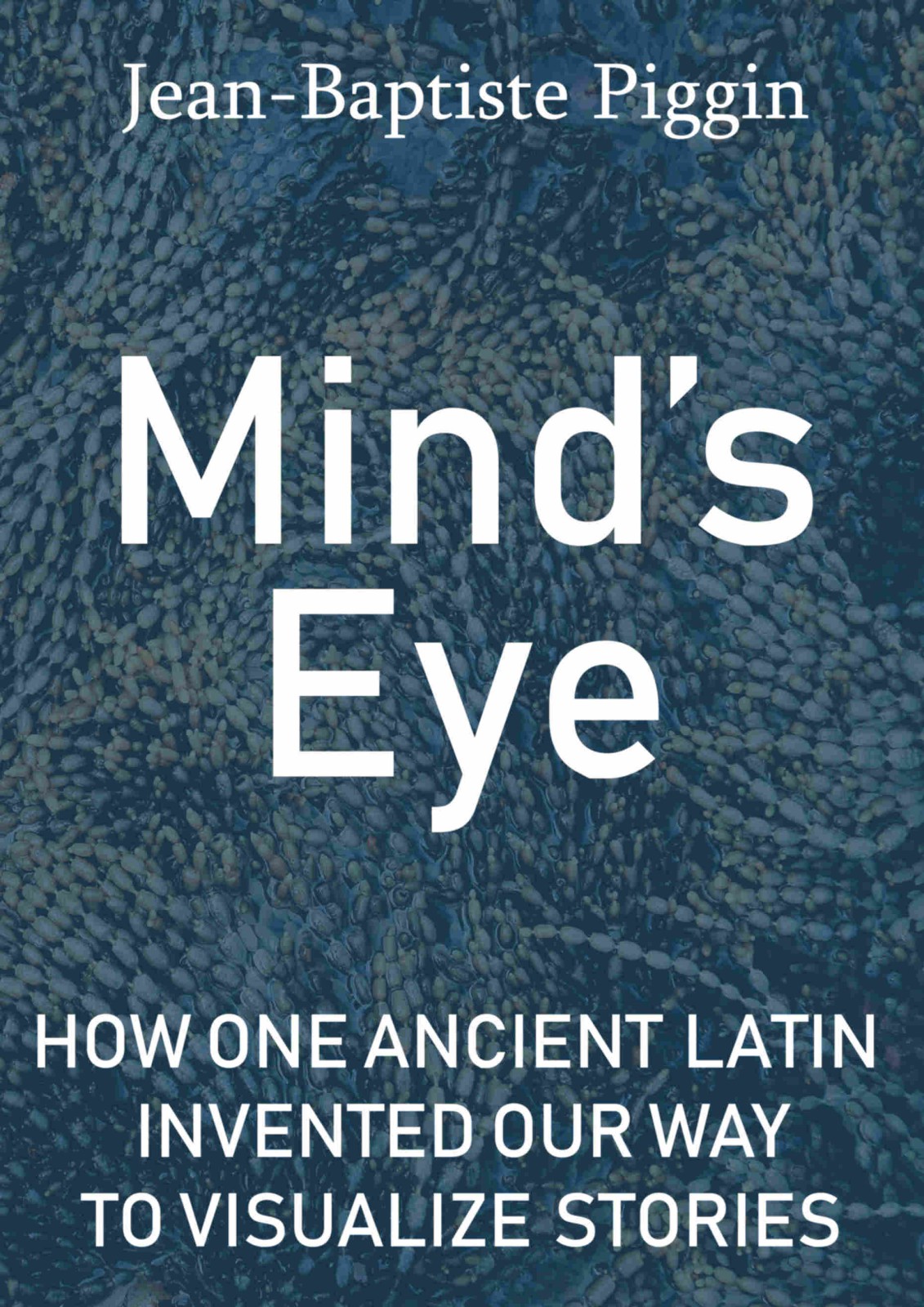A curious example of the persistence of board games is mentioned by Irving Finkel of the British Museum in an entertaining New York
lecture in 2012 which I watched a couple of years ago.
An article published in 1925 in
Sudan Notes and Queries describes a "sedentary" game played on marks in the sand by Arabic speakers in Sudan. Finkel points out (from minute 35 of the video) that the game seems to be mehen, the "game of the snake," the spiral boards for which are found in tombs of Egypt's pharaonic period from around 2800 BCE.
"It seems to me that it is compelling to link the one to the other," says Finkel, overruling objections that a game could not have remained in continuous play for nearly 5,000 years.
The article's description of the game terms it Li'b El Merafib and indicates it was principally played by men during Ramadan. The author provides the schematic drawing at right. A transcript can be found at the
Waterloo Games Museum, while a digitization of the magazine is offered by
AlFahl.net in a
large PDF. The author, R. Davies, had no idea that the game was Egyptian. The game involves a chase from Y to X and back, with "hyena" pieces pursuing on the return leg, which makes the last phase of the game very exciting.
I was curious as to the identity of the author, who patronizingly says Li'b El Merafib is more exciting than games played by English children, which
makes him appear rather blinkered, although to be fair,
he did consult the scholarly literature available to him
A little research establishes that the author must have been Reginald Davies (1887-1971), who left a box of his manuscript papers to Edinburgh University Library (see
Archives Hub with biographical details). A printed bibliographical
reference to the same papers by Sharkey appears to be entirely unreliable.
Davies became the first
British Resident in Darfur in 1922 and his policy of building up a local sultan may bear some responsibility for the appalling civil wars that have rent Darfur in recent decades. Finkel terms him a "British Army officer", which he most certainly was not: He was a civilian and university man, a group who were in fact intensely jealous of army officers who snatched their salaried jobs. For all the trouble Davies created as a colonialist, one must acknowledge that he faithfully recorded one of the remarkable clues we have to one of humanity's most intriguing practices: the board game.
Davies, Reginald. “Some Arab Games and Puzzles.” Sudan Notes and Records, no. 8 (1925): 137–52.
Finkel, Irving.
Like Spilt Milk: How Ancient Board Games Were Disseminated, 2012.
YouTube.




